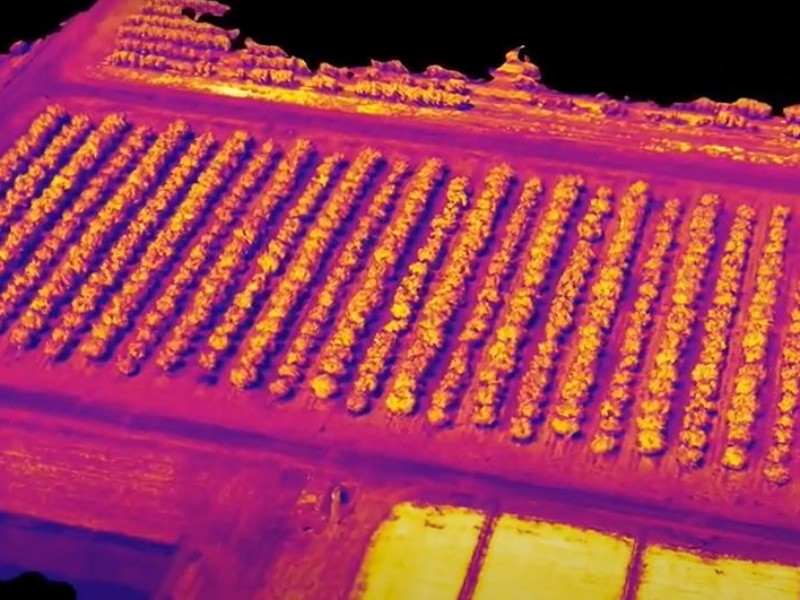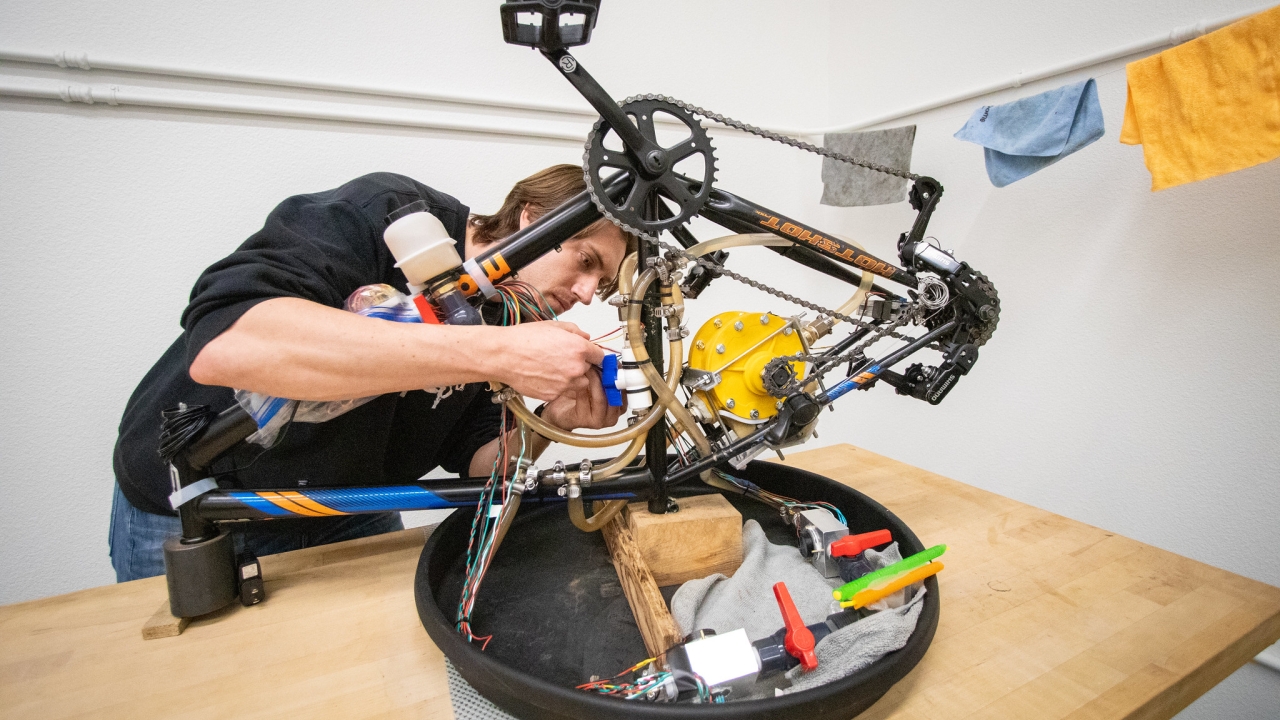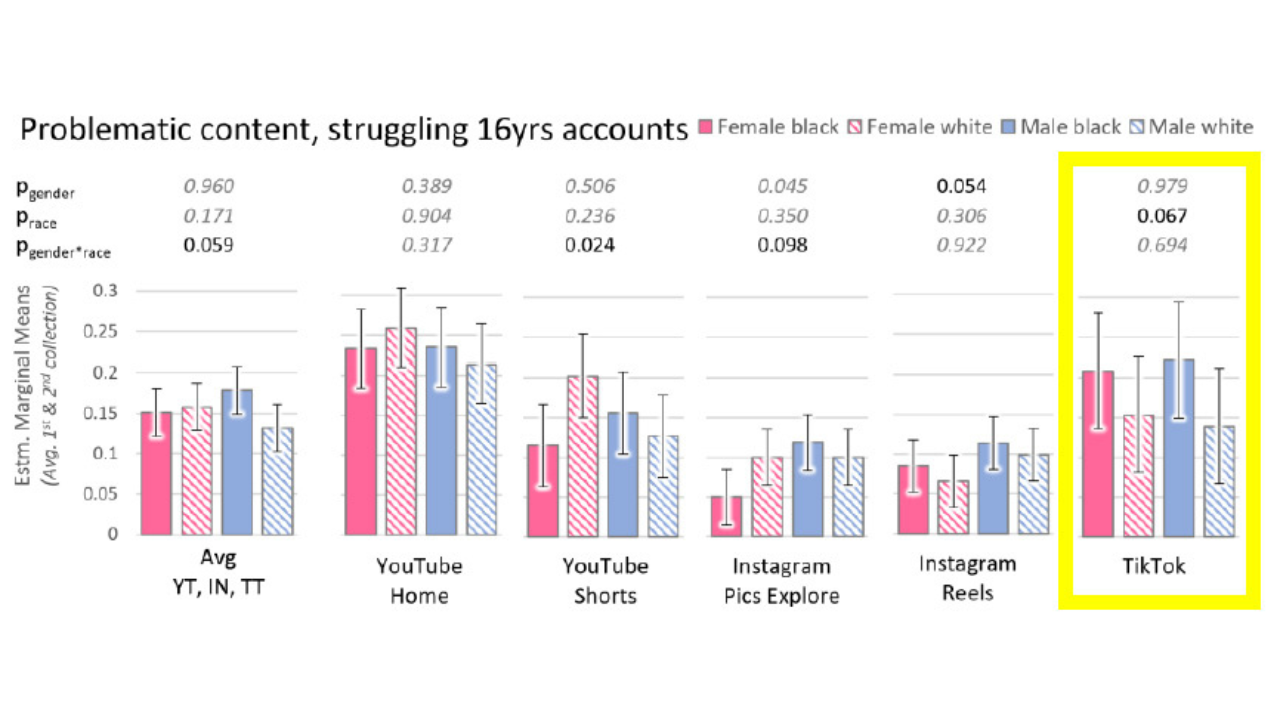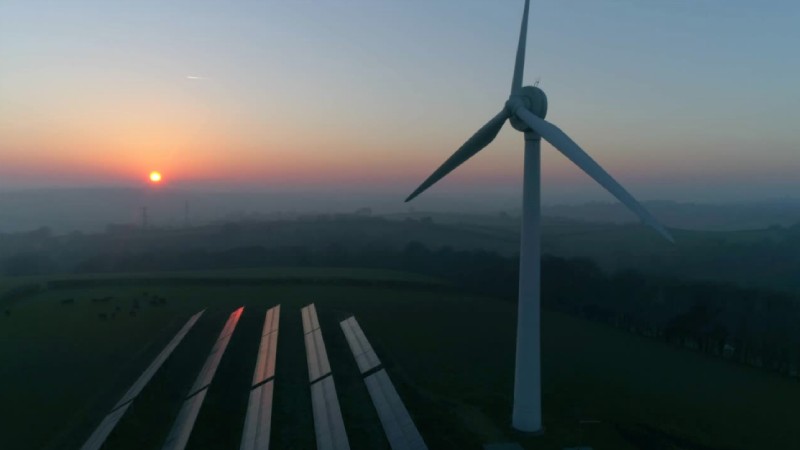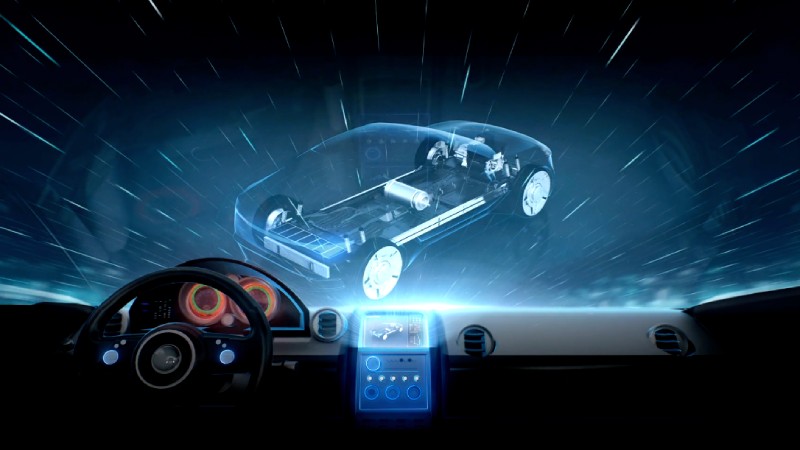We employ novel applications of machine learning and artificial intelligence to address our strategic research efforts.
The new reality of artificial intelligence crosses almost all of our work. From automation and connected systems to novel medical sensors, these pervasive, emerging technologies will likely advance each of our research impacts. Increasing realization of human-machine teaming will result in robust human/cyber/physical systems networks. Our ability to excel in all areas will rely on advances in this rapidly evolving technology base.
Agriculture Goes Digital
The UC Davis Digital Agriculture Laboratory sits at the intersection of agriculture and digital technology. Led by biological and agricultural engineering assistant professor Alireza Pourreza, the lab works directly with growers to develop and deploy technology that gives them the information they need to better understand their plants and navigate our changing climate.
